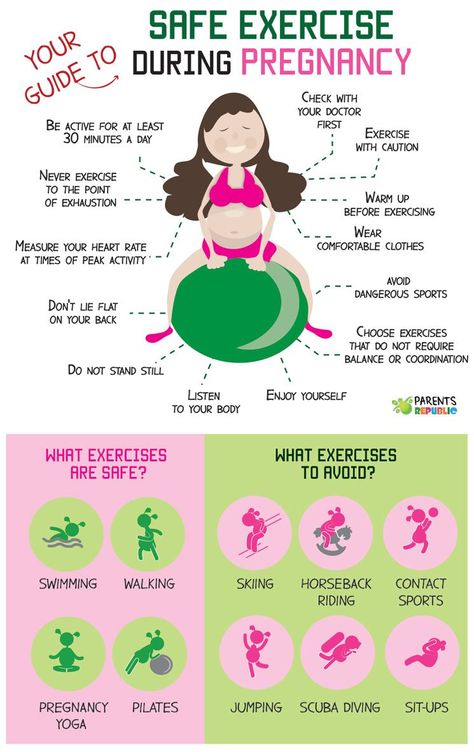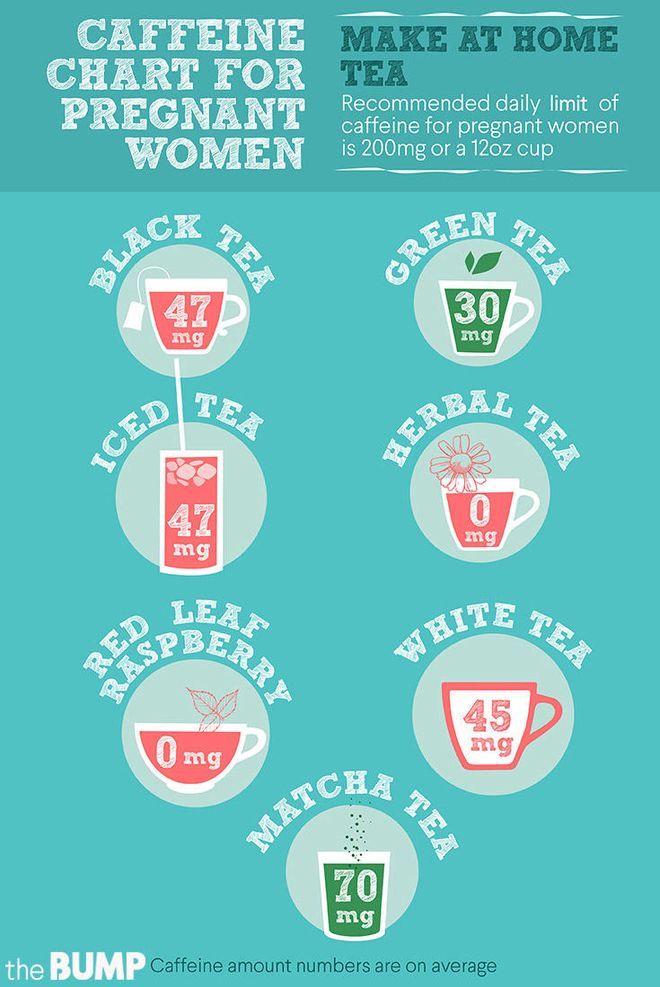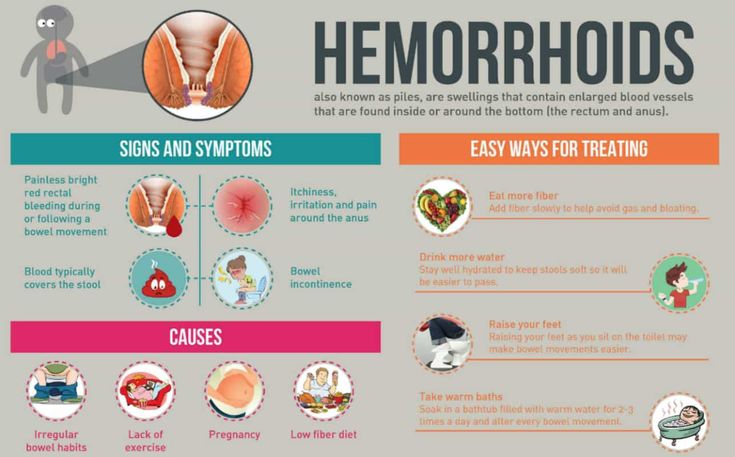Feel sick after eating pregnant
Nausea After Eating - Early Pregnancy
You’re pregnant. Congratulations!
However, nausea and other early pregnancy symptoms might start to put a dampener on your excitement in the first trimester.
Nausea after eating is a common complaint in early pregnancy.
Read on to find out what causes it and how to cope with this annoying pregnancy symptom.
Having nausea after eating in early pregnancy
During pregnancy, rising hormone levels cause changes to your digestive system and body. This means the food you eat spends longer in your small intestine.
This could contribute to nausea after eating food, in a number of ways:
- Increased estrogen levels. This can cause short-term nausea, bloating and vomiting, or a combination of all three.
- Increased human chorionic gonadotropin (hCG) levels. This hormone, which the body begins to produce the following conception, to maintain the uterine lining, is thought to cause morning sickness
- Increased progesterone levels.
This can cause the sphincters in the lower esophagus to relax, causing nausea and heartburn.
These hormones can be the indirect causes of any changes such as nausea after eating in early pregnancy. A lack of vitamin B6 in the diet is thought to be another possible cause.
How soon did you feel sick when pregnant?
Some women don’t experience any nausea when pregnant. Nausea after eating food most commonly begins around week 6 of pregnancy, when hormone levels really start to ramp up.
Other women, though can feel nausea as early as 4 weeks pregnant (which is only 2 weeks after conception).
Some women throw up frequently, some only have pregnancy nausea, and in others, nausea is only triggered by certain odors or foods. Everyone experiences pregnancy nausea differently and your overall health might play a part in this.
Whether nausea is triggered by eating one particular food, or you just feel nauseous all the time, a home pregnancy test can confirm whether you’re pregnant or something else is going on – such as the dreaded stomach flu.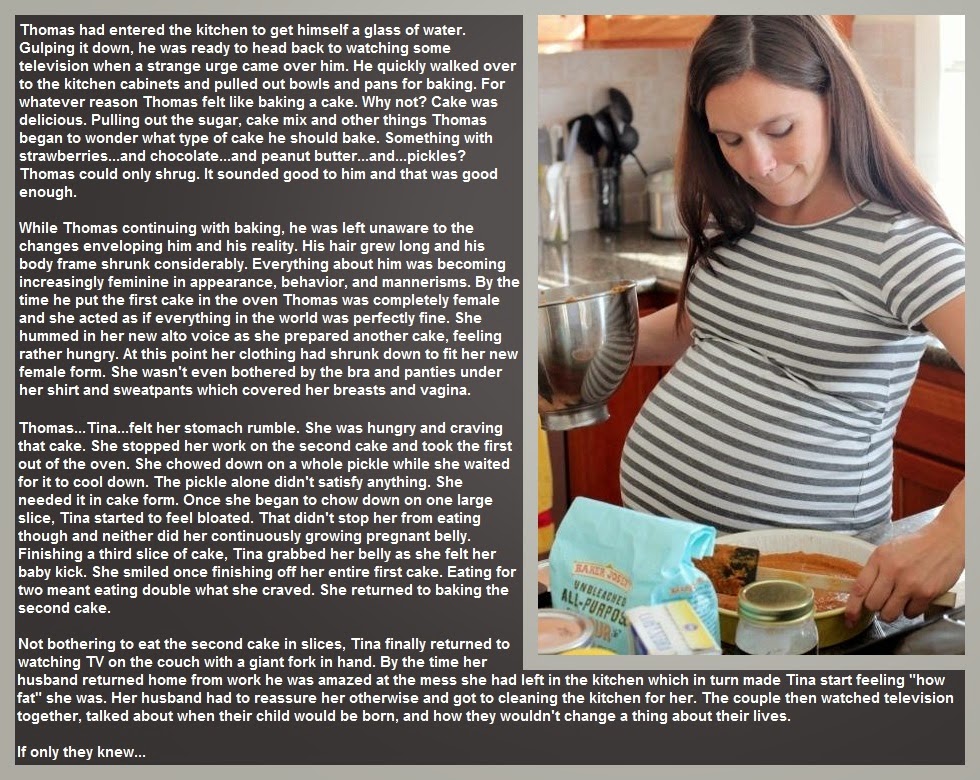
What helps ease nausea after eating in pregnancy?
To help with nausea after eating you might like to try any or all of the following tips:
- Ginger root has been shown to ease nausea and settle the stomach. Drink it steeped in hot water or add it to your food and cooking. Ginger ale used to be suggested for nausea conditions but it’s been found to be less effective than ginger root
- Lemon is another natural remedy for nausea. A few slices in hot water can soothe your upset stomach, especially between meals
- Sniff peppermint oil to help reduce the feeling of nausea. It might be helpful to keep some oil next to your bed, so you can sniff before getting up in the morning, to avoid upsetting your stomach
- Take your prenatal vitamins when your stomach has settled and after some food if possible
- Drink plenty of fluid every day, get some fresh air, and rinse your mouth after eating food to help with that queasiness. This can improve your mood and your physical health as well
- You could also try chewing some gum.
 As strange as it sounds, chewing gum is a way to alleviate nausea for some women.
As strange as it sounds, chewing gum is a way to alleviate nausea for some women.
Anything that can help you feel better is worth a try.
Uncomfortably full after eating
As well as nausea after eating during the first trimester, it’s also really common to feel bloated and full.
This is due to progesterone, which relaxes the smooth muscle in your digestive system. This means food moves through the digestive tract much more slowly.
This slowing down of the digestive tract allows more time for all the nutrients in foods to be absorbed in the intestine and reach your growing baby.
However, this can also make you feel bloated and nauseous. All the food you eat will travel more slowly through your body; adding more or larger meals causes food buildup in your intestine.
As the baby gets bigger, your organs and digestive tract get squashed, causing discomfort due to indigestion and heartburn. If you choose to eat less food, it can lead to malnutrition, which will affect your health and potentially your baby’s health and development.
One tip is to eat small meals, more often. This may help with your appetite. A light meal can be beneficial for your digestive tract, preventing the food buildup in your intestine that causes bloating and nausea after eating.
Nausea after eating in early pregnancy – boy or girl?
Levels of the pregnancy hormone hCG, which triggers morning sickness, tend to be higher in mothers who are pregnant with female babies.
But a pregnant woman can certainly have nausea after eating, and even bad morning sickness, when she’s carrying a boy.
Some old wives’ tales suggest the foods that trigger nausea are a clue to whether you’re having a boy or a girl. But there’s little evidence to support this.
Please read this wonderful article on Boy or Girl – What Am I Having? 16 Old Wives Tales for more information.
What if nausea doesn’t stop in pregnancy?
A condition called hyperemesis gravidarum occurs in up to 2% of pregnancies.
It involves symptoms of severe and persistent vomiting and is a condition that compromises your health and that of your baby.
If you can’t keep foods or fluid down and have persistent nausea after eating, fatigue, and weight loss, these are signs you may have hyperemesis.
If you have any of these signs or symptoms, contact your health care provider or doctor for further advice. You might need hospitalization to treat dehydration.
Read When Is Morning Sickness Classed As Hyperemesis Gravidarum? for more information.
Is feeling nauseous after eating a sign of pregnancy?
Nausea after eating a meal is a common early sign of pregnancy. But nausea isn’t always the first (or only) symptom women experience in the first trimester.
Some women feel bloated after eating food, and have feelings of fatigue, queasiness, and moodiness; others might just notice tenderness in their breasts.
Are You Getting BellyBelly’s Pregnancy Week By Week Emails?
We think they’re the best on the internet!
Click to get the FREE weekly updates our fans are RAVING about.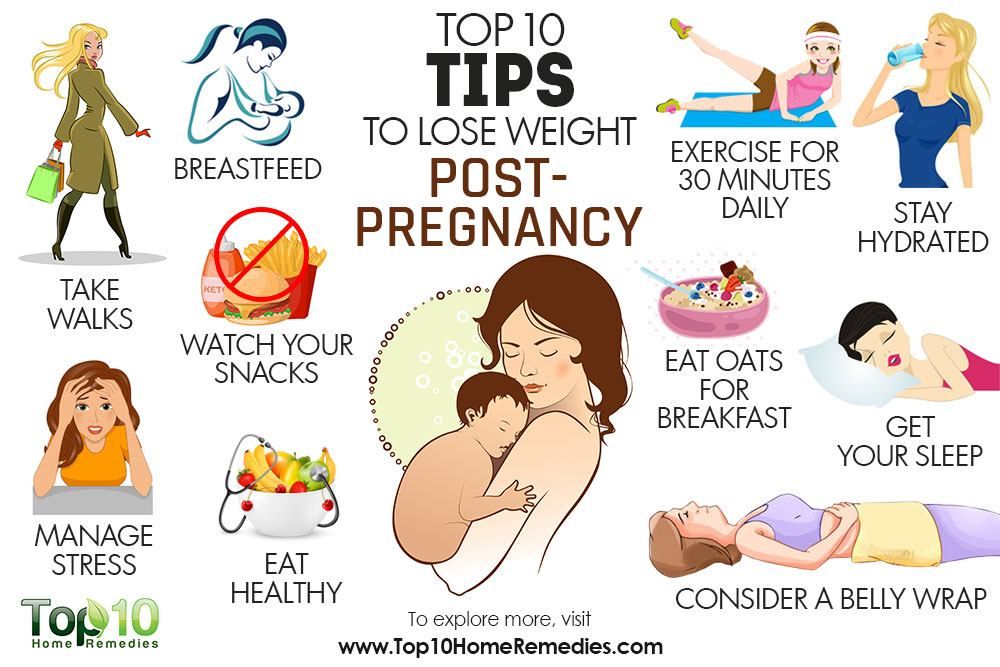
These are, of course, due to hormones. You might experience one, some, or even all of these when pregnant.
You’ll find information about other signs of pregnancy in Pregnancy Symptoms | 16 Signs Of Pregnancy.
Medication for nausea in pregnancy
When symptoms of nausea after eating persist, despite making changes to your diet or trying natural remedies, your doctor might recommend medication.
Here is a list of medications used to treat nausea and vomiting in pregnancy:
Pyridoxine
Pyridoxine (vitamin B6) is considered first-line therapy for nausea and can be taken in conjunction with other medications called antiemetics (anti-vomiting and nausea medications).
Doxylamine with pyridoxine
A sustained-release tablet, combining doxylamine (10 mg) and pyridoxine (10 mg) has been available for many years in Canada to treat nausea in pregnancy.
A similar product, Debendox, was voluntarily withdrawn in Australia in 1983, after claims it caused birth defects.
Subsequent research has shown that this assertion was unfounded. Even so, for 30 years Australian women have been denied this safe and effective treatment.
The two medicines can be purchased separately, over the counter, in Australia.
Metoclopramide
Metoclopramide is classified as a pregnancy category A medication and is the most commonly prescribed antiemetic in pregnancy.
This classification might appear reassuring, in terms of safety, but it doesn’t give any indication of the drug’s efficacy.
Many pregnant women report metoclopramide didn’t ease their nausea but didn’t make it worse.
OndansetronAlthough there is limited safety data for ondansetron in pregnancy, it’s often prescribed for women with hyperemesis gravidarum.
It’s not recommended as first-line therapy, especially in the first trimester of pregnancy.
Ondansetron commonly causes constipation and bloating, which might already be a problem in pregnancy. To reduce this side effect, it’s recommended to use laxatives and limit the use of ondansetron
To reduce this side effect, it’s recommended to use laxatives and limit the use of ondansetron
Mirtazapine
Mirtazapine is an antidepressant and an alternative when other antiemetics fail to treat hyperemesis. It should only be used under your doctor’s supervision.
Corticosteroids
Corticosteroid use should be limited to pregnant women with nausea and vomiting that are difficult to control.
Women should have a regular medical follow-up to ensure steroids aren’t taken for lengthy periods.
Corticosteroids are best avoided in the first 10 weeks of pregnancy due to a possible association with cleft lip and palate.
Other treatments
Acid reflux, heartburn, and bloating can all make nausea worse when you’re pregnant.
You can use calcium-based antacids safely. Other treatments include proton-pump inhibitors and h3 blockers, both of which reduce the amount of acid produced in the stomach.
Women who suffer from prolonged vomiting could be at risk of thiamine or vitamin B1 deficiency. Thiamine supplementation may be recommended by your care provider.
Thiamine supplementation may be recommended by your care provider.
Speak with your doctor or midwife for advice and information on what is right for you.
Alternative therapies for nausea in pregnancy
Alternative therapies are those that aren’t part of the standard medical treatments usually prescribed by medical doctors.
Some women turn to complementary therapies during pregnancy to help reduce symptoms such as nausea and bloating. These treatments usually include acupuncture or acupressure.
Acupuncture is an ancient therapy that involves inserting thin needles into certain points of the body to ease certain conditions and their symptoms. For nausea, treating acupuncture point PC6 on the inner forearm safely and effectively reduces nausea in pregnancy.
Always check your acupuncture therapist is qualified and experienced in the treatment of pregnant women.
Acupressure, or reflexology, works on the same principles to relieve symptoms, except instead of inserting needles, you apply pressure to points.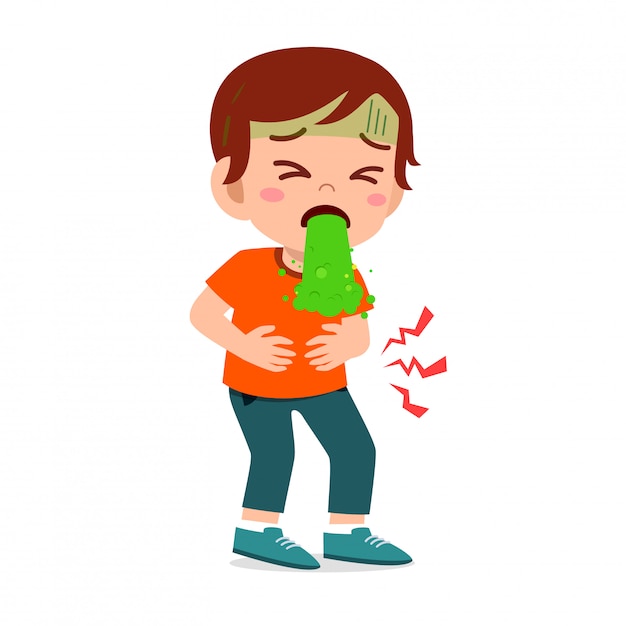 You or your partner can do this at home.
You or your partner can do this at home.
Always check with your doctor before commencing any new therapies.
How long does morning sickness in pregnancy last?
Morning sickness typically starts about week 6 and finishes around the end of the first trimester, with a peak between weeks 8 and 10.
Although those weeks can seem brutally long, there is a strange comfort in knowing your hormones are doing their work and your baby is growing.
Unfortunately for some women, nausea, discomfort and even vomiting happen on and off throughout the entire pregnancy.
A queasy, crampy stomach is no fun at the best of times.
Some great remedies can be found in Morning Sickness – 10 Best Morning Sickness Remedies.
Why do smells cause nausea in pregnancy?
It’s a scientific fact that high levels of estrogen increase your sensitivity to smell.
When you’re pregnant, you produce much higher levels of estrogen. This sensitivity can affect your stomach, meaning every smell in the world is going to bother you for nine months.
Let’s face it! Some odors are worse than others, so avoid those that trigger your nausea during pregnancy.
Coping With Common Discomforts of Pregnancy
Pregnancy produces many physical changes. Aside from weight and body shape, other alterations in your body chemistry and function take place. The heart works harder, your temperature registers slightly higher, body secretions increase, joints and ligaments are more flexible and hormones are altered.
Mood changes are common, resulting from a combination of hormonal changes and greater fatigue, as well as normal anxiety over body image, sexuality, finances, marriage roles and impending parenthood.
The following is a list of the most common discomforts of pregnancy and some guidelines for coping with them.
Nausea and Vomiting
- Eat small frequent meals. Going too long without eating during pregnancy can cause nausea or make it worse. If you experience continuous nausea, eat every one to two hours.
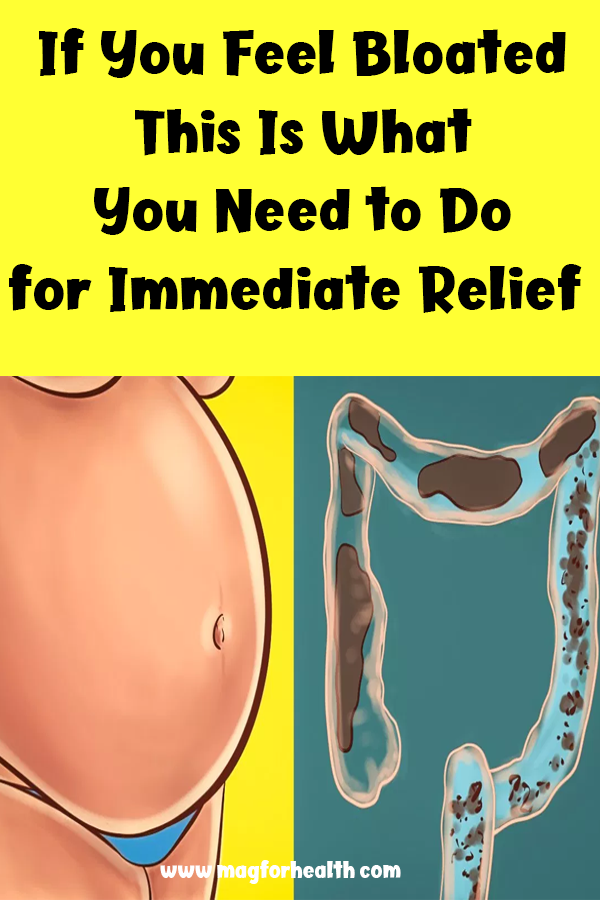
- Avoid greasy, high-fat foods. They are more difficult to digest.
- Consume dry starch foods, such as crackers, toast or cereal, in the morning before you get out of bed. Also, it helps if you stay in bed for 20 minutes or so after eating and get up slowly from the bed for a sudden change of position can aggravate nausea.
- Drinking carbonated beverages as well as peppermint, spearmint and chamomile teas may help.
- Eat plenty of carbohydrate-rich foods such as cereal, fruit, bread and rice. They are easy to digest and provide energy.
- Take prenatal vitamins only as directed. If they cause stomach upset, ask your practitioner if you can delay taking them for a few weeks.
- Some foods, such as milk or tea, that are soothing to one woman may be upsetting to another. However, most women find cold foods and beverages easier to tolerate than hot ones.
- Eat a high-protein snack before bed to stabilize blood sugar.
- Limit your consumption of coffee.
 It stimulates acid secretion, which can make the nausea worse.
It stimulates acid secretion, which can make the nausea worse. - Consume liquids separately from meals, waiting about 20 to 30 minutes.
- Wear sea sickness wrist bands. These can be found at most pharmacies.
- Increase the amount of fiber in your diet, eating foods high in fiber such as fruits, raw vegetables, whole grain products, nuts and dried fruits. Choose a breakfast cereal that has at least 5 grams of fiber per serving. These foods help soften the stool and promote natural bowel activity.
- Drink a lot of fluids.
- Exercise, even walking, will help relieve constipation.
- Eat prunes or figs, or drink prune juice. These fruits contain a natural laxative.
- Avoid laxatives. If the problem is not resolved with the above suggestions, let your health care practitioner know. Stool softeners that are safe during pregnancy can be prescribed.
- Iron supplements can aggravate constipation — the prescription for iron can be adjusted if it becomes a problem.

Continue reading
- To help avoid hemorrhoids, prevent constipation by maintaining a diet that is high in fluids and fiber.
- Witch hazel or Tucks pads can be applied to the hemorrhoid area to relieve symptoms.
- Avoid over-the-counter laxatives. If hard stools are aggravating hemorrhoids, stool softeners can be used, but first consult your practitioner for specific suggestions.
Fatigue
This is very common during the first trimester. Get as much sleep or rest as you can — even short naps will help. Your energy level will pick up after the first three months. However, fatigue and insomnia tend to recur in the last months of pregnancy. A warm bath, massage or hot drink before bed often helps you relax and get ready to sleep.
Breast Tenderness
Breast tenderness is most pronounced during the first three months. The breasts enlarge in size and can be quite tender. Wearing a good support bra may help you feel more comfortable.
Frequent Urination
Frequent urination is another pregnancy symptom that is most pronounced during the first trimester as well as the end of pregnancy. Do not restrict fluid intake in an effort to decrease the frequency of urination. As long as you do not experience burning or pain with urination, increased frequency is normal and will go away with time.
Leg Cramps
Cramps in your calf or thigh occur most frequently at night. One remedy may be to increase your intake of calcium. Ask your provider about a calcium supplement. While in bed, stretch with your heels pointed, not your toes. This will help relieve a cramp.
Heartburn
- Try eating smaller but more frequent meals.
- Avoid highly seasoned, rich and fatty foods.
- Do not lie down flat after eating. If you must lie down, elevate your head and shoulders with pillows.
- Carbonated beverages and milk often can help alleviate heartburn.
- Certain antacids are not recommended during pregnancy.
 Check with your health care provider before using over-the-counter antacid preparations.
Check with your health care provider before using over-the-counter antacid preparations.
Backache
Lower back pain is common during pregnancy. It is caused by the shift in posture necessitated by carrying extra weight in front.
- Try not to stand in one position for too long.
- An exercise called the pelvic rock will help alleviate back pain and strengthen the lower back muscles that experience the most stress.
- Elevating the feet onto a stool while sitting will help.
Dizziness
Dizziness or lightheadedness can be caused by low blood sugar or a sudden change of position. To help avoid this feeling:
- Move slowly when getting up from a sitting or lying position.
- Eat well and frequently. Women who are prone to low blood sugar should carry snacks at all times. Juices and fruit are particularly good choices.
Swelling of the Hands and Feet
Slight swelling of the hands and feet are common in the later stages of pregnancy. Adequate fluid intake is always important. Improve the circulation in your legs and feet by elevating them as often as possible. Lie on a bed or floor and raise your legs up on the wall keeping your knees bent. If you are wearing elastic hose, drain your legs this way before putting them on.
Adequate fluid intake is always important. Improve the circulation in your legs and feet by elevating them as often as possible. Lie on a bed or floor and raise your legs up on the wall keeping your knees bent. If you are wearing elastic hose, drain your legs this way before putting them on.
UCSF Health medical specialists have reviewed this information. It is for educational purposes only and is not intended to replace the advice of your doctor or other health care provider. We encourage you to discuss any questions or concerns you may have with your provider.
Recommended reading
Anemia and Pregnancy
During the last half of pregnancy, your body makes more red blood cells which can cause Anemia. Learn more about causes and prevention here.
Domestic Violence and Pregnancy
Domestic violence is the most common health problem among women during pregnancy. It greatly threatens both the mother's and baby's health. Learn more here.
Eating Right Before and During Pregnancy
It is important to get the nutrients you need both before getting pregnant and during your pregnancy. Find more nutrition information including macros here.
Find more nutrition information including macros here.
Exercise During Pregnancy
Most women can, and should, engage in moderate exercise during pregnancy. Exercise can help you stay in shape and prepare your body for labor and delivery
FAQ: Prenatal Tests
Commonly asked questions regarding Prenatal Tests including, types available, positive screenings, diagnostic testing, health insurance coverage, and more.
HIV and Pregnancy
If you are pregnant, we recommend you be tested for the human immunodeficiency virus (HIV) even if you do not think you are at risk. Learn more here.
Recognizing Premature Labor
Premature labor occurs between the 20th and 37th week of pregnancy, when uterine contractions cause the cervix to open earlier than normal. Learn more.
Sex During Pregnancy
The pregnancy may alter how a woman and her partner feel about making love, and differences in sexual need may arise. Learn more here.
Substance Use During Pregnancy
While pregnant, it is best to eat well, stay healthy and avoid ingesting anything that might be harmful to the mother's or baby's health. Learn more.
Learn more.
The Circumcision Decision
If you give birth to a boy, you will be asked if you'd like him circumcised. This is a matter to be considered carefully before the baby is born. Learn more.
Related clinics
Center for Minimally Invasive Gynecologic Surgery
1500 Owens St., Suite 380
San Francisco, CA 94158
(415) 885-7788
M-F, 8 a.m. - 5 p.m.
Obstetrics & Gynecology at Mount Zion
2356 Sutter St.
San Francisco, CA 94143
(415) 885-7788
M-F, 8 a.m. - 5 p.m.
Obstetrics, Gynecology & Perinatal Specialties at Mission Bay – Fourth Street
Ron Conway Family Gateway Medical Building
1825 Fourth St., Third Floor
San Francisco, CA 94158
(415) 885-7788
M-F, 8 a.m. - 5 p.m.
Great Expectations Pregnancy Classes
Get ready for the baby! Choose from a variety of classes that prepare moms and partners for pregnancy, birth, baby care, breastfeeding and parenting.
Patient Resource
Lactation Consultant Support
Get support for all your breastfeeding needs. Troubleshoot with a lactation consultant, find equipment and supplies, join a support group and more.
Patient Resource
Women's Health Resource Center
Access free health resources here, from classes and webinars to support groups and medical referrals, plus pregnancy, birth and breastfeeding services.
Toxemia, Intestinal Problems & Heartburn
Find out how pregnancy affects the digestive tract, which trimesters are more likely to cause symptoms of indigestion and nausea, and what to do to manage them.
During pregnancy, the burden on the mother's body increases. The body needs more nutrients, the body produces additional hormones. And the growing fetus puts pressure on neighboring organs, including the stomach and intestines. We tell you what symptoms are observed in each trimester, how to cope with toxicosis and get rid of heartburn.
Contents:
- 2. Toxicosis and pregnancy
- 3. Causes, risks and treatment of diarrhea during pregnancy
- 4. Heartburn and stomach pain during pregnancy
- 5. Bloating, constipation and microbiota during pregnancy
- 6. Note
Changes in the work of the gastrointestinal tract by trimesters of pregnancy
The average duration of pregnancy is 40 weeks, which are usually divided into trimesters in accordance with the stages of intrauterine development of the child.
Each trimester is accompanied by a number of changes in the body, including in the gastrointestinal tract:
| The first trimester 1–13 weeks | 900 26 weeks | Third trimester of pregnancy 27–40 weeks |
| Morning sickness Morning sickness Zapor Intestinal disorder increased appetite TREAM to certain products Acid reflux | Constipation Acid Office 9000 9000 9000 9000 Flatulence Constipation Heartburn Violation of the outflow of bile Hemorrhoids |
The Atlas Genetic Test will help you find out how your genes affect the level of female sex hormones necessary for fertility and pregnancy.

Causes of gastrointestinal problems during pregnancy
Every pregnancy is accompanied by inevitable changes in the functioning of the digestive system. They are most often caused by hormonal changes and increased stress on organs, but they can also be associated with lifestyle and health conditions, for example:
- Sedentary lifestyle and unbalanced diet;
- Certain drugs, including calcium or aluminum antacids;
- Viral and bacterial infections;
- Intolerance to certain nutrients and allergic reactions;
- Stress;
- Diseases of the thyroid gland.
If you have chronic diseases of the gastrointestinal tract and you are planning a pregnancy, try to consult your doctor in advance. Symptoms of conditions such as irritable bowel syndrome (IBS) or acid reflux are more likely to get worse during pregnancy. Your doctor will help prepare your body and create a prevention plan to help relieve symptoms during this time.
Irritable bowel syndrome, or IBS, is a functional bowel disease that causes frequent abdominal pain, impaired peristalsis, bloating, constipation, or diarrhea.
Morning sickness, vomiting and general malaise during pregnancy
Morning sickness and morning sickness during early pregnancy are common, because the body undergoes important changes necessary for the development of the child.
up to 90%
women experience nausea during pregnancy
Doctors find it difficult to say with certainty why pregnant women feel sick in the morning. The main theory is hormonal changes. But there are some patterns associated with an increased risk of morning sickness:
- Multiple pregnancy;
- Toxicosis during previous pregnancy;
- History of morning sickness during pregnancy in close relatives;
- Tendency to motion sickness in transport;
- Use of oral contraceptives containing estrogen before pregnancy;
- Frequent migraines;
- BMI 30 and above;
- Elevated levels of stress hormones
Risks of severe morning sickness and how to reduce nausea
Nausea and vomiting are usually not associated with a risk for mother and child and disappear by 16-20 weeks of pregnancy, but it is not necessary to wait so long - there are ways that can help reduce nausea and enjoy the process of waiting for a new person:
- Get plenty of rest - fatigue increases toxicosis;
- Avoid smells and foods that cause nausea;
- Eat something right after waking up.
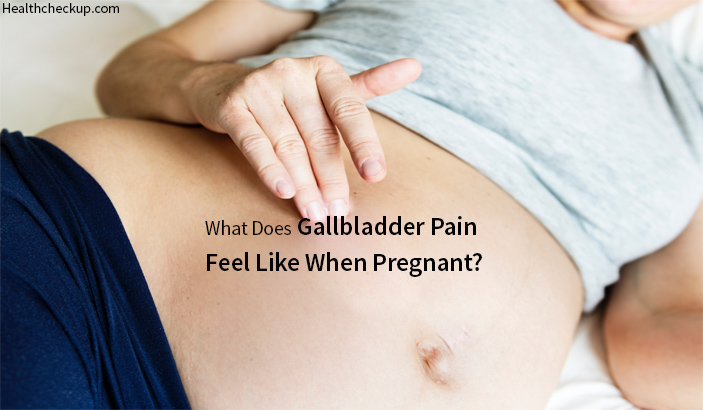 A toast or a slice of bread will help reduce nausea;
A toast or a slice of bread will help reduce nausea; - Avoid hunger - empty stomach increases nausea. Eat small meals often, prefer low-fat, high-carbohydrate foods;
- Try ginger - studies show it helps with nausea;
- Sip as often as possible and prefer still water.
In rare cases, pregnant women may develop hyperemesis gestationis or excessive vomiting. This is a serious condition that can lead to dehydration, kidney damage, seizures, abnormal heart rhythms, and even death.
Signs of dehydration include dry mouth, dizziness, dark urine, infrequent urination and/or dizziness.
Symptoms of excessive pregnancy vomiting:
- frequent nausea for a long time and regular vomiting after meals;
- dry skin and lips;
- sudden weight loss;
- low blood pressure (below 90/60).
If symptoms of excessive pregnancy vomiting occur, do not wait until the condition resolves on its own. It is necessary to seek medical help as soon as possible - the doctor will prescribe treatment, help adjust the diet and lifestyle of the expectant mother.
It is necessary to seek medical help as soon as possible - the doctor will prescribe treatment, help adjust the diet and lifestyle of the expectant mother.
0.5–2%
pregnant women experience excessive vomiting
Diarrhea in pregnancy
The word "diarrhea" comes from the Greek language and literally means "to flow through". This is a condition during which bowel movements or bowel movements occur three times a day or more often. This phenomenon is especially typical for the third trimester of pregnancy, but it can also occur earlier.
Symptoms of diarrhea:
- Three or more bowel movements per day
- Urgent urge to have a bowel movement
- Abdominal pain and cramps
- Bloating
Causes of diarrhea during pregnancy poisoning, dysbacteriosis, bacterial and viral infections:
| Gastroenteritis | Use of lactose and gluten in case of intolerance to these nutrients |
| Bacterial infections: listeriosis or salmonella | Chronic gastrointestinal diseases: Crohn's disease, IBS, ulcerative colitis |
| Certain antibiotics and antacids to reduce acidity | Laxatives |
| Sugar substitutes such as sorbitol | Overconsumption of certain foods |
Tip: If you have recently returned from a vacation in an exotic country with nausea and diarrhea and find out you are pregnant, see your doctor as soon as possible.
Gastroenteritis
One common cause of diarrhea during pregnancy is gastroenteritis or stomach flu. It is caused by bacterial or viral infections: norovirus, rotavirus, E. coli, salmonella, which enter the body through contact with contaminated surfaces, dishes, food and water.
Gastroenteritis usually lasts about three days. However, severe illness is a health hazard, especially during pregnancy, as it can cause dehydration, electrolyte imbalance, and lead to preterm labor.
The main symptoms of gastroenteritis are diarrhea without blood, nausea and vomiting, stomach cramps and pain, slight fever, headache and muscle pain.
Take extra precautions to reduce your risk of getting sick: frequent handwashing and surface disinfection. If the expectant mother has small children, they are not recommended to use the same cutlery.
Risks of diarrhea during pregnancy
Usually diarrhea during pregnancy is not a cause for concern. However, you should consult a doctor if the following symptoms occur during this period:
However, you should consult a doctor if the following symptoms occur during this period:
- Diarrhea for more than two days;
- Blood or mucus stools;
- Sudden weight loss;
- Pain in the abdomen;
- Dehydration.
How to treat diarrhea during pregnancy
If you have diarrhea during pregnancy, drink plenty of fluids, avoid foods high in fat and sugar, avoid dairy products, and caffeinated drinks.
Dehydration is a serious risk, especially during pregnancy, so electrolyte balance should be restored first with fluids and simple foods:
| Moderate fruit juices | Drinks without alcohol and caffeine |
| Bananas | Potato |
| Rice | Toast |
| Rusks | Light soups and broths |
| Pasta | Applesauce |
Find out about your body's ability to break down lactose and gluten with the Atlas Microbiota Test.
Stomach pain and heartburn during pregnancy
Many women experience stomach pain during pregnancy, especially the upper part of the stomach, as well as heartburn - a burning sensation in the chest and esophagus.
This is more common in the third trimester, after about 27 weeks. This is an unpleasant but natural phenomenon during pregnancy: the baby grows inside the uterus and presses on other organs, including the stomach. And hormones cause the muscles to relax, which causes acid from the stomach to enter the esophagus and irritate it. In addition, pain can be caused by problems with certain organs such as the gallbladder, or inflammation of the pancreas.
Symptoms of heartburn during pregnancy:
- Burning in chest and esophagus;
- Feeling of overeating, heaviness or bloating;
- Belching, including with acid and/or food particles;
- Nausea.
It is unlikely that you will be able to avoid cramps and heartburn during pregnancy.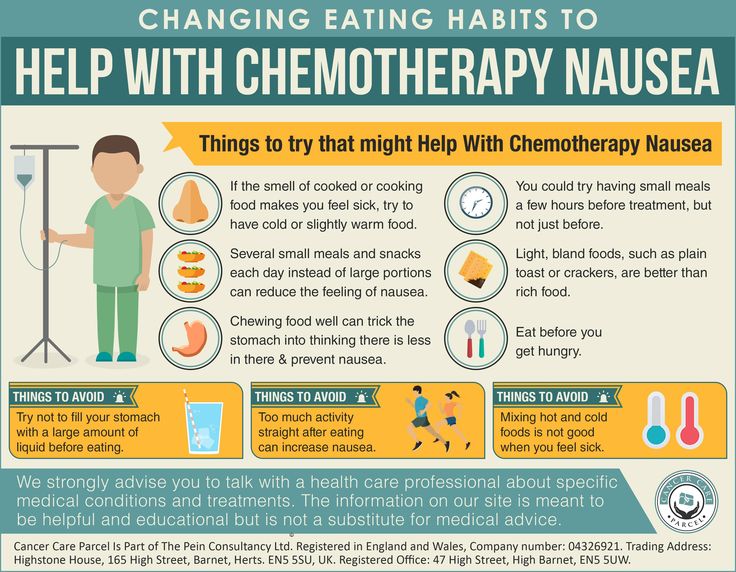 However, some tips can help reduce their frequency:
However, some tips can help reduce their frequency:
Nutrition : try to avoid overeating - eat easily digestible food in small portions; do not eat three hours before bedtime; watch your posture while eating - so the pressure on your stomach will be less.
Smoking and alcohol: In addition to known harms to mothers and babies, tobacco smoke also relaxes the muscles in the lower esophagus, allowing acid to enter the esophagus. And alcohol provokes heartburn and acid reflux.
Although stomach pain and heartburn often accompany pregnancy, abdominal pain, especially in the third trimester, should be taken seriously. It can be a sign of preterm labor or placental abruption, and puts mother and baby at risk.
If you experience severe abdominal pain during pregnancy that is accompanied by the following symptoms, seek medical attention as soon as possible:
| Abdominal pain and fever | Bleeding |
| Regular convulsions | Unusual vaginal discharge / spotting |
| Vomiting | Low back pain |
| Pain or burning when urinating | Severe pain that lasts 30-60 minutes |
Bloating, constipation and microbiota during pregnancy
Excessive gas and constipation during pregnancy can be caused by hormonal changes, such as increased production of progesterone. This hormone, essential for nourishing the uterus and fetus, relaxes the muscles of the body, including the muscles in the intestines, which slows down digestion and increases flatulence. A similar reaction of the body can be observed before each menstruation, when the production of progesterone increases.
This hormone, essential for nourishing the uterus and fetus, relaxes the muscles of the body, including the muscles in the intestines, which slows down digestion and increases flatulence. A similar reaction of the body can be observed before each menstruation, when the production of progesterone increases.
Flatulence - bloating of the abdomen due to the accumulation of gases.
Here are a few simple rules that will help improve bowel movements and avoid constipation and bloating:
- If you don't usually eat a lot of fiber and indigestible foods like legumes, try to gradually introduce them into your diet;
- Avoid carbonated drinks and fatty foods;
- Move more;
- Drink plenty of fluids.
If bloating and constipation are accompanied by severe pain that lasts more than 30 minutes, or if you have been constipated for two or more weeks, see your doctor.
Gut microbiota and bacteria during pregnancy
A woman's body goes through many changes during pregnancy, and this can affect the microbiota, the bacterial ecosystem that lives in the gut. Trillions of microorganisms do important work for the whole body: they synthesize vitamins and essential acids, keep your intestines working and protect it from disease and inflammation.
Trillions of microorganisms do important work for the whole body: they synthesize vitamins and essential acids, keep your intestines working and protect it from disease and inflammation.
The additional influx of female hormones that accompanies pregnancy alters gut function and affects the microbiota. This is good, because the bacterial community is constantly adjusting to external and internal conditions in order to keep up with the needs of the body.
To keep your gut bacteria running smoothly, they need your help. Provide them with healthy foods and plant fibers. Fruits, vegetables, whole grains, nuts, and seeds contain prebiotics, special substances that beneficial bacteria feed on. When properly balanced, the bacteria even increase your body's defenses against harmful microorganisms that can cause gastroenteritis during pregnancy.
The Atlas Microbiota Test will help you understand how to prepare your intestines for future pregnancy and reduce the risk of digestive problems.
☝️ Take note
Now you have all the necessary knowledge and tools to help you deal with digestive problems during pregnancy. They are quite varied and quite natural, but in some cases it is necessary to immediately seek medical help:
- Vomiting blood;
- Blood in stool;
- Diarrhea for more than two days;
- Constipation for more than two weeks;
- Sudden weight loss;
- Severe pain interfering with daily activities;
- Difficulty breathing;
- Pain when swallowing or difficulty swallowing;
- Excessive fatigue.
More articles on the causes of digestive problems on the blog:
- 7 foods that cause gas and bloating
- Lindsey J Wegrzyniak, Treatment of Hyperemesis Gravidarum, 2012
- Edwards A. et al., The Maternal Gut Microbiome During Pregnancy, 2018
- National Health and Safety (NHS), Vomiting and morning sickness in pregnancy
- Kudzai Kanhutu, Travel and pregnancy: an infectious diseases perspective, 2011
- CDC, Pregnant travelers
- U.
 S. Department of Health and Human Services, Agency for healthcare research and quality, Abdominal Pain in Early Pregnancy
S. Department of Health and Human Services, Agency for healthcare research and quality, Abdominal Pain in Early Pregnancy - Robyn Horsager-Boehrer, M.D., UT Southwestern Medical Center, Should pregnant moms be concerned about gastroenteritis?, 2018
- International Foundation for Gastrointestinal Disorders, Pregnancy and Irritable Bowel Syndrome, 2016
- NHS Vomiting and morning sickness in pregnancy
- NHS, Severe vomiting in pregnancy
- Lindsey J Wegrzyniak et al., Treatment of Hyperemesis Gravidarum, 2012
- Karen Miles, Diarrhea during pregnancy, 2020
- Cleveland Clinic, Diarrhea
- You and your hormones, Progesterone
- Traci C. Johnson, MD, Pregnancy, Bloating, 2020
Morning weakness during pregnancy
Klokova E.V. - Candidate of Medical Sciences
During the first trimester of pregnancy, morning weakness is almost an integral element after waking up. Of course, pregnancy is different for everyone: someone cannot come closer than three meters to their once-favorite products, someone eats and drinks everything without experiencing the slightest discomfort.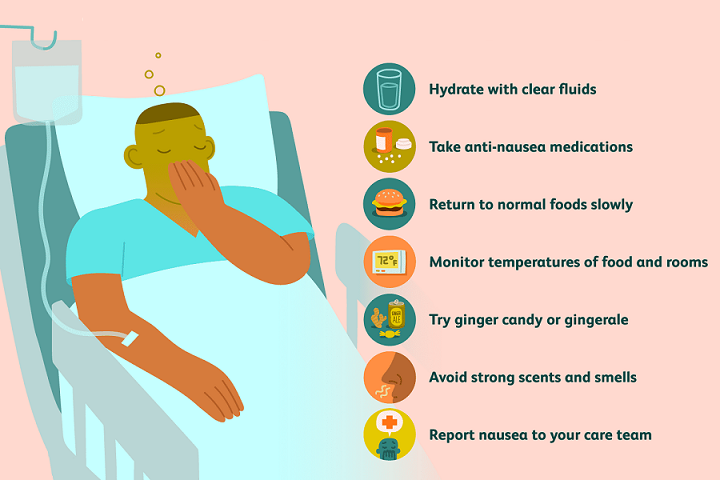 It's all very individual, but eighty percent of women are affected by morning sickness and the accompanying nausea. The culprit for nausea is the hormone progesterone. Its active excretion slows down the digestion process. One of the reasons for the occurrence of such conditions may also be the fact that during this period the body of the expectant mother is deficient in certain elements, such as folic acid and iron. Check blood sugar levels, calcium levels, thyroid function, which will give information about the iodine supply in the body - most often these factors cause severe weakness.
It's all very individual, but eighty percent of women are affected by morning sickness and the accompanying nausea. The culprit for nausea is the hormone progesterone. Its active excretion slows down the digestion process. One of the reasons for the occurrence of such conditions may also be the fact that during this period the body of the expectant mother is deficient in certain elements, such as folic acid and iron. Check blood sugar levels, calcium levels, thyroid function, which will give information about the iodine supply in the body - most often these factors cause severe weakness.
Most often, there is nothing to worry about in this state: the body is being restructured, the internal organs “get used” to the new state of affairs and experience an increased load (kidneys, liver, pancreas), the hormonal background changes. In the first weeks of pregnancy, the heart pumps blood in an enhanced mode, so fatigue and drowsiness are normal. In addition to this, the woman’s anxieties about her new condition, the new schedule (going to the doctor, restructuring the diet), new worries are exhausting the body. Sometimes "morning" weakness can occur during the day - there is nothing to worry about. Changes often happen so fast that it's hard to keep track of them.
Sometimes "morning" weakness can occur during the day - there is nothing to worry about. Changes often happen so fast that it's hard to keep track of them.
You should consult a doctor if weakness and dizziness lead to fainting, if you feel very sick, and if vomiting occurs more than two to three times a day, which can cause dehydration. Listen to your inner feelings, if something bothers you, it’s better to play it safe and once again visit the clinic. Don't take your condition to the extreme.
Otherwise, try to eliminate all stress factors as much as possible, take vitamins that include a complex of magnesium and iodine, get more rest and improve nutrition. Do not starve, even if you do not feel like eating at all, and most foods and foods cause nausea. It is believed that mint, chamomile and ginger tea, a piece of dried bread or thin slices of an apple help well in this case. Experiment with the menu, figure out dishes and ingredients that suit your body perfectly, and those that you categorically cannot stand.
